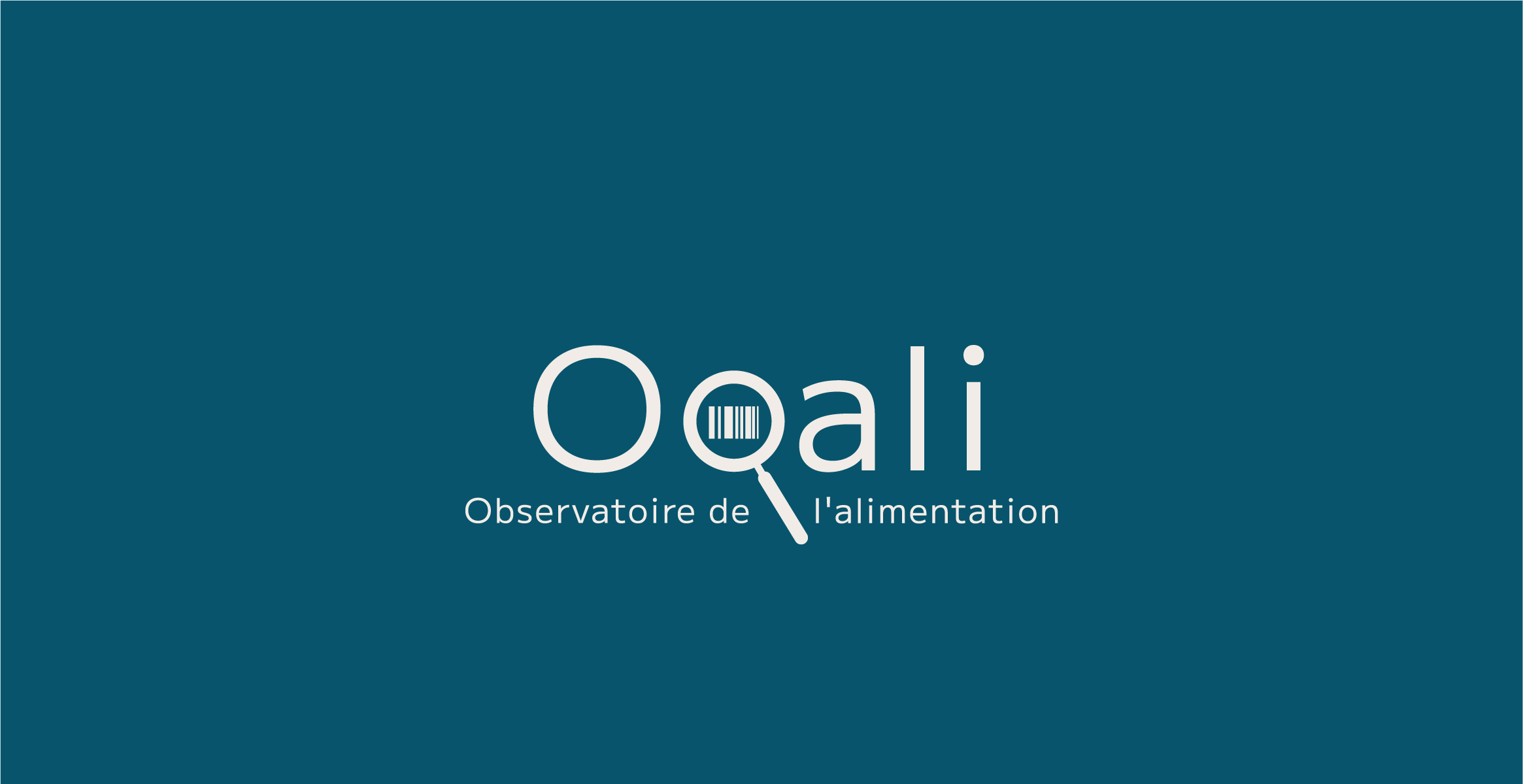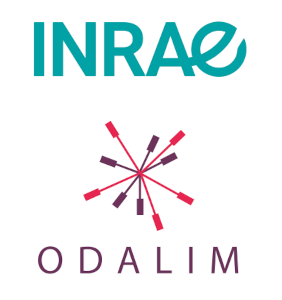
Oqali
Oqali, formerly known as the « Food Quality Observatory », was introduced as part of the second National Nutrition and Health Program (PNNS 2). It is also part of the « ” Acting on the food supply ” document (in French) and is based on the opinion n°51 (in French) of the National Food Council (CNA) of 19th May 2005.
It was created in February 2008 by the French Ministries of Agriculture, Health and Consumer Affairs, which entrusted its implementation to the French National Research Institute for Agriculture, Food and Environment (INRAE) and the French Agency for Food, Environmental and Occupational Health & Safety (ANSES).
Until November 2018, Oqali was integrated into the “Observatory of Food” established by the law of modernization of agriculture and fisheries of 27th July 2010 and included in the framework of the French National Food Program (PNA). It represented the nutritional section in charge of issues related to the supply and characteristics of food.
From now on, Oqali is the Food Observatory according to Article 54th of Law No 2018-938 for the balance of trade relations in the agricultural and food sector and a healthy, sustainable, and accessible food for all, known as « EGalim ».
The Oqali project aims at monitoring changes in processed foods supply available on the French market, by measuring nutritional quality evolution, over time (nutritional composition and labelling information).

Odalim
Food tools and data
Research in the field of food requires the mobilization of a wide range of data on food consumption and the economic, nutritional, environmental, health and other characteristics of the foods available on the market. This is the case, for example, if we wish to estimate the economic, health and environmental impacts of changes in diets, assess the impact of public food policies, or identify companies’ room for maneuver in terms of product reformulation and innovation.
Simplified access to food data
In many current and future research projects, it is essential to take into account the economic, social, nutritional and environmental dimensions of food. Odalim centralizes data and, thanks to a flexible, intuitive interface, makes it possible to :
- be grouped together on a single, secure platform, so as to facilitate access to them, and their linking, while respecting the rules pertaining to each and the RGPD (General Data Protection Regulation),
- facilitate the development of new research programs,
- welcome new data useful for food research,
- develop and offer tools and services to format and process data.
For users access to:
- Data ;
- Matching ;
- Documentations ;
- Tools ;
- Secure remote office.
For data producers:
- Secure data deposit;
- Access management;
- Easy connections with other data.
Aropaj
AROPAj is an economic model of agricultural supply developed to analyze the impact of agricultural and environmental policies on the European Union’s production sector. Formally, it is a multi-scale mathematical programming model designed to optimize farmers’ decisions under technical and economic constraints. AROPAj is broken down into groups of farm types representative of the sector, and calibrated on a regional scale on the basis of sampled data. It integrates the interactions between animal and plant production activities, modulated according to economic and climatic contexts. It is used, for example, to assess the effects of policies aimed at reducing greenhouse gas emissions and nitrogen pollution, or promoting energy production. It can be used to assess the consequences in terms of income, environmental externalities, farmland allocation and production, water and nitrogen consumption.

